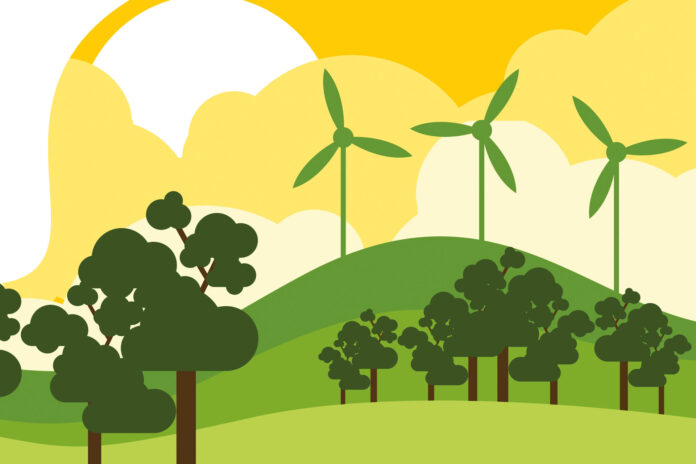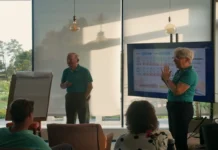
By Alissa MacMillan
Q: I just found a bag of dried beans in my cupboard which expired a year ago. Can I still use them or have I inadvertently created more food waste?
A: Those dusty bags of beans or rice, pasta lost in the back of the cupboard, neglected spices and long-forgotten jars of jam might give us pause, and for good reason. Your question is important, as food loss and waste is a major environmental harm, contributing 8-10% of our greenhouse gas emissions globally, with an estimated 753,000 tonnes of food waste generated in Ireland in 2021.
Odile Le Bolloch, scientist at the EPA and lead of the Food Waste Prevention team, says that, according to their studies, passing the best-before date is one of the main reasons people say they throw away their food. Even though they might know what “best-before” means, “they don’t have the confidence to eat it,” says Le Bolloch.
You may have noticed three specifications on your packaging: ‘Best before,’ ‘Use-by’ and sometimes even ‘Sell-by.’ If it has a best-before date (BBE), as I imagine your beans do, you are perfectly welcome to eat it after the date has passed and the beans will likely be fine.
“Best-before dates are about quality,” Le Bolloch explains, the manufacturers only guaranteeing the quality of their product up to a certain point. “You can use it and it shouldn’t make you sick, it just won’t be as good.” Your spices might not be as pungent, your cereal not as crunchy, food not as aromatic, but it will be edible. “If it’s best-before, go ahead,” she says; sniff it, inspect it, give it a try, and decide for yourself. If the crackers have gone slightly soft, you might not want to nibble on them but they can still safely go into a soup. Eggs have a best-before date and you can use the float test: if it sinks in a bowl of water, it’s good to eat. Le Bolloch explains that, by law, food must have a date of minimum expiration, so with best-before, you can trust your own judgement.
When it comes to “use-by” dates, safety is an issue. A cut-off after which food is not considered safe to eat, it’s used on perishables like fish, meat and some dairy, says Le Bolloch. You can cook or freeze food right up to the use-by date – the EPA had an “eat it or freeze it campaign,” encouraging us to eat or freeze what gets to its use-by date and eat it as soon as it’s defrosted. Generally, there is a use-by date when there’s any concern that it might make you sick when it goes off, especially from something you might not see or smell, like listeria.
If you see a sell-by date, you can generally ignore it, Le Bolloch notes, as it’s the date shops use to manage their own stock.
We are just one small piece of the long life and travels of the food we eat but, according to EPA estimates, households generate most of Ireland’s food waste, at 29%, just ahead of what’s wasted in manufacturing and processing, while restaurants and food service generate 25% of food waste.
CHANGING BEHAVIOURS
There is, of course, a lot to consider in the big picture. “By the time food gets to our tables, you have resources that have gone into making the food, to transport, to refrigerate,” explains Le Bolloch, “so when the food is wasted, those embedded resources are wasted, too.” Think of the energy needed, the water, nutrients and fertilisers.
“What’s really important is, everyone needs to play their part all along the food supply chain,” says Le Bolloch. “It’s not fair to pin it all on consumers; there needs to be action higher up as well.” You can try your best – and save money doing so. She recommends checking out stopfoodwaste.ie for tips and also reminds us that it’s often about changing our behaviours, which can be hard. “If you fall off the wagon, just start the next day. Like with everything, like sports training, you miss a day and say I can go tomorrow.”
Although not as popular outside of cities just yet, there are apps that hope to help, like Too Good To Go (toogoodtogo.com) and Mayo-Galway-based Foodie Save (foodiesave.com), where you can buy very reduced bags of nearly-out-of-date food from the supermarket. Or check out olioapp.com for more food sharing opportunities.
“All of these things have a role to play in reducing food waste,” says Le Bolloch. “The key is that it doesn’t pass on the problem, don’t snap it up because it’s a bargain and then not use it.”
So, dust off that neglected bag of beans you found in the cupboard, get out the recipe for a good bean chili, and eat up!








